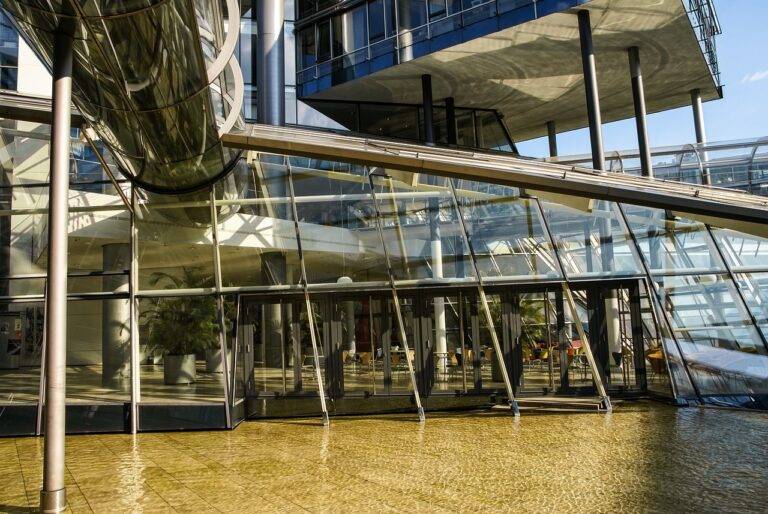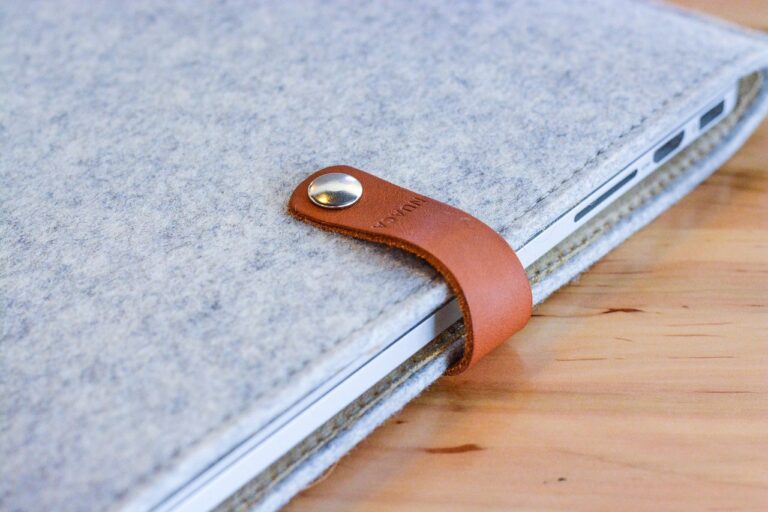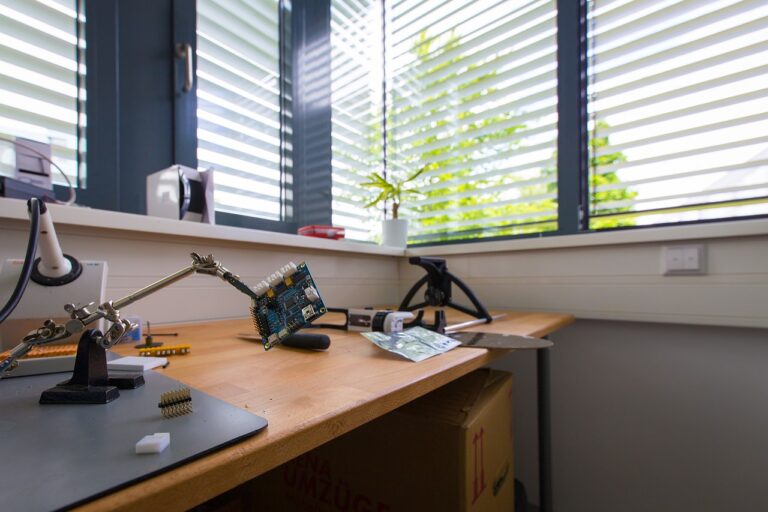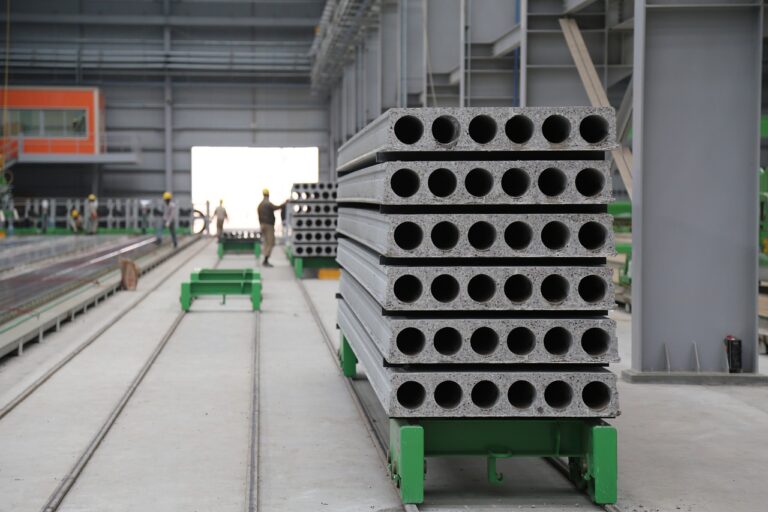Analyzing the Environmental Benefits of Sustainable Cork Flooring: 99exch.com login, Laser247. Com, Yolo247 login
99exch.com login, laser247. com, yolo247 login: Sustainable cork flooring has been gaining popularity in recent years due to its environmental benefits. Cork is harvested from the bark of cork oak trees without harming the tree, making it a renewable and eco-friendly material. Analyzing the environmental benefits of sustainable cork flooring reveals why it is a great choice for environmentally-conscious consumers.
Renewable Resource: One of the key environmental benefits of cork flooring is that it comes from a renewable resource. Cork oak trees can live for over 200 years and are harvested every 9 to 12 years. This allows the trees to regenerate their bark, making cork a sustainable material that can be harvested indefinitely.
Carbon Sequestration: Another advantage of cork flooring is its ability to store carbon. Cork oak trees absorb carbon dioxide from the atmosphere during photosynthesis, storing it in their bark. When cork is harvested, the trees continue to absorb carbon, making cork flooring a carbon-negative material that helps mitigate climate change.
Biodegradable: Cork is a natural material that is biodegradable and can be easily recycled at the end of its life cycle. Unlike synthetic flooring materials that end up in landfills, cork flooring can naturally decompose without harming the environment.
Hypoallergenic: Cork flooring is also hypoallergenic, making it a great choice for individuals with allergies or respiratory issues. Cork contains suberin, a natural substance that repels dust, mites, and mold, creating a healthier indoor environment.
Energy-efficient: Cork flooring has insulating properties that can help reduce heating and cooling costs in a home. Its cellular structure traps heat, keeping rooms warm in winter and cool in summer. This energy efficiency can lower energy consumption and reduce carbon emissions.
Durable and Long-lasting: Cork flooring is a durable material that can withstand heavy foot traffic and wear and tear. With proper maintenance, cork floors can last for decades, reducing the need for replacement and conserving resources.
FAQs:
1. Is cork flooring suitable for all areas of the home?
Cork flooring is suitable for most areas of the home, including living rooms, bedrooms, and kitchens. It is not recommended for areas with excess moisture, such as bathrooms or basements.
2. How does cork flooring compare to hardwood flooring?
Cork flooring is softer and more comfortable underfoot than hardwood flooring. It also has natural acoustic properties that can reduce noise in a room. However, cork is more susceptible to scratches and dents than hardwood.
3. Can cork flooring be refinished?
Cork flooring can be refinished, but it is not as easy as refinishing hardwood floors. It is best to consult with a professional before attempting to refinish cork flooring.
In conclusion, analyzing the environmental benefits of sustainable cork flooring highlights its positive impact on the planet. From being a renewable resource to its carbon sequestration ability, cork flooring offers a sustainable and eco-friendly flooring option for environmentally-conscious consumers. Its durability, hypoallergenic properties, and energy efficiency make it a practical choice for a greener home. Consider choosing cork flooring for your next renovation project to enjoy its environmental benefits while adding warmth and beauty to your space.







